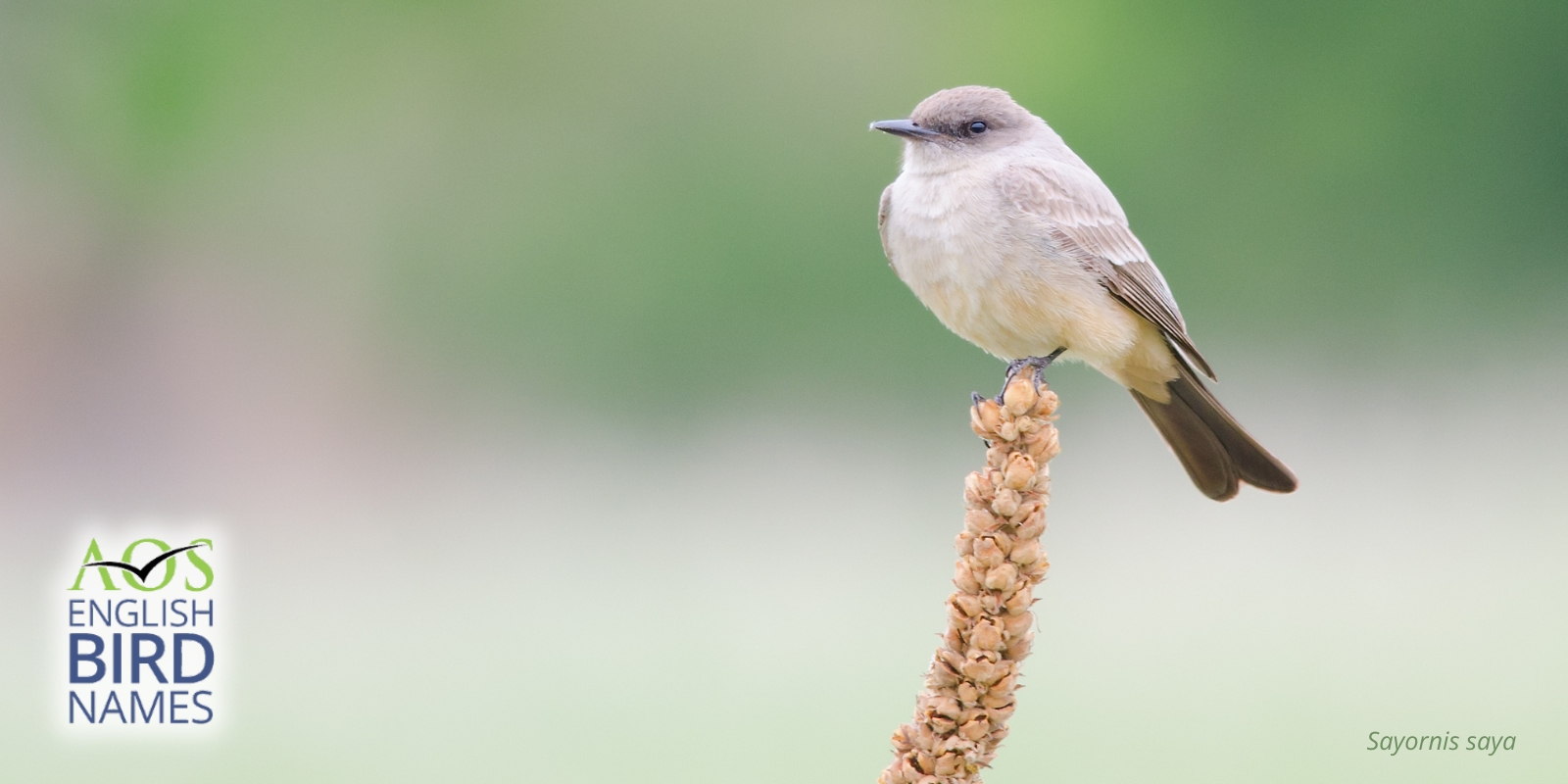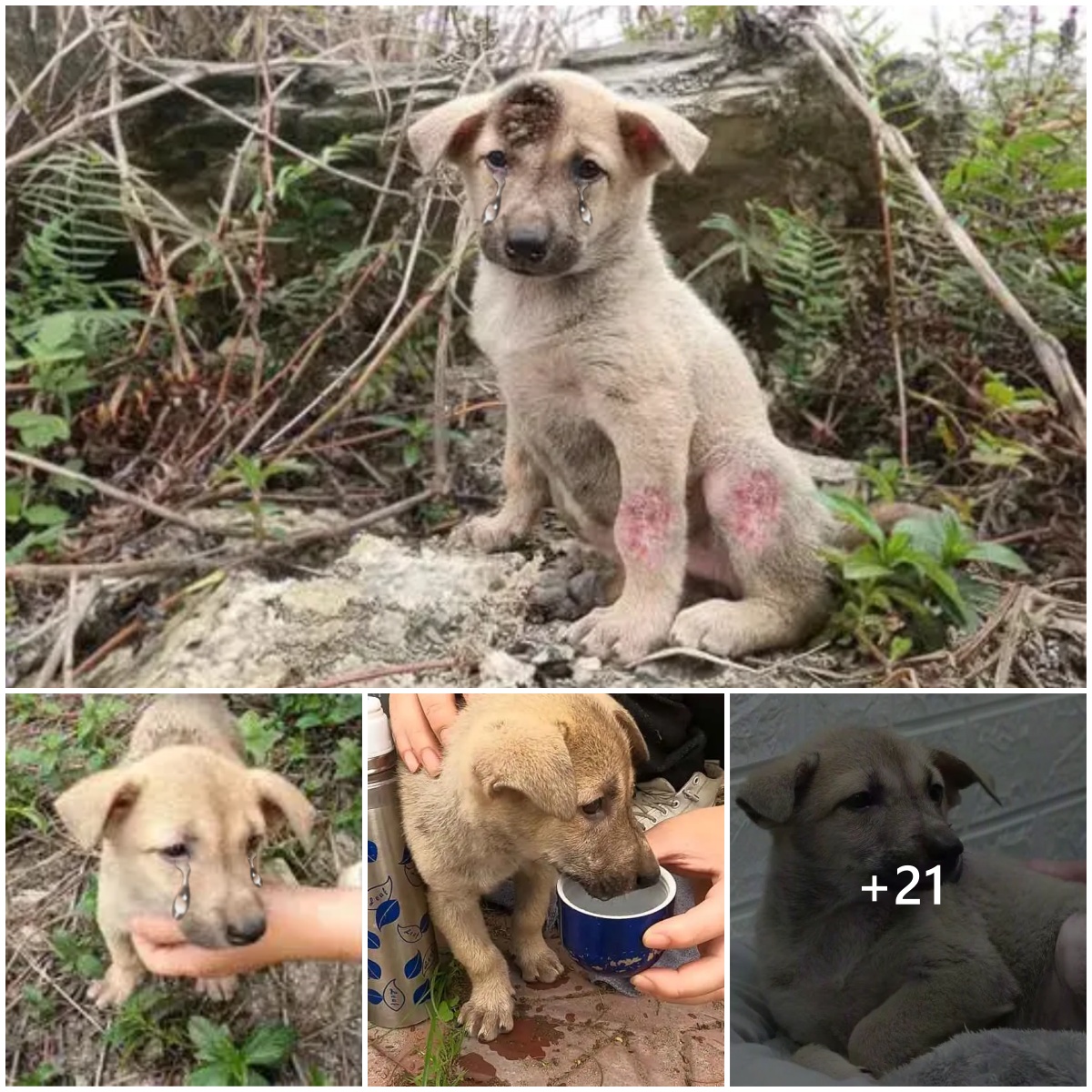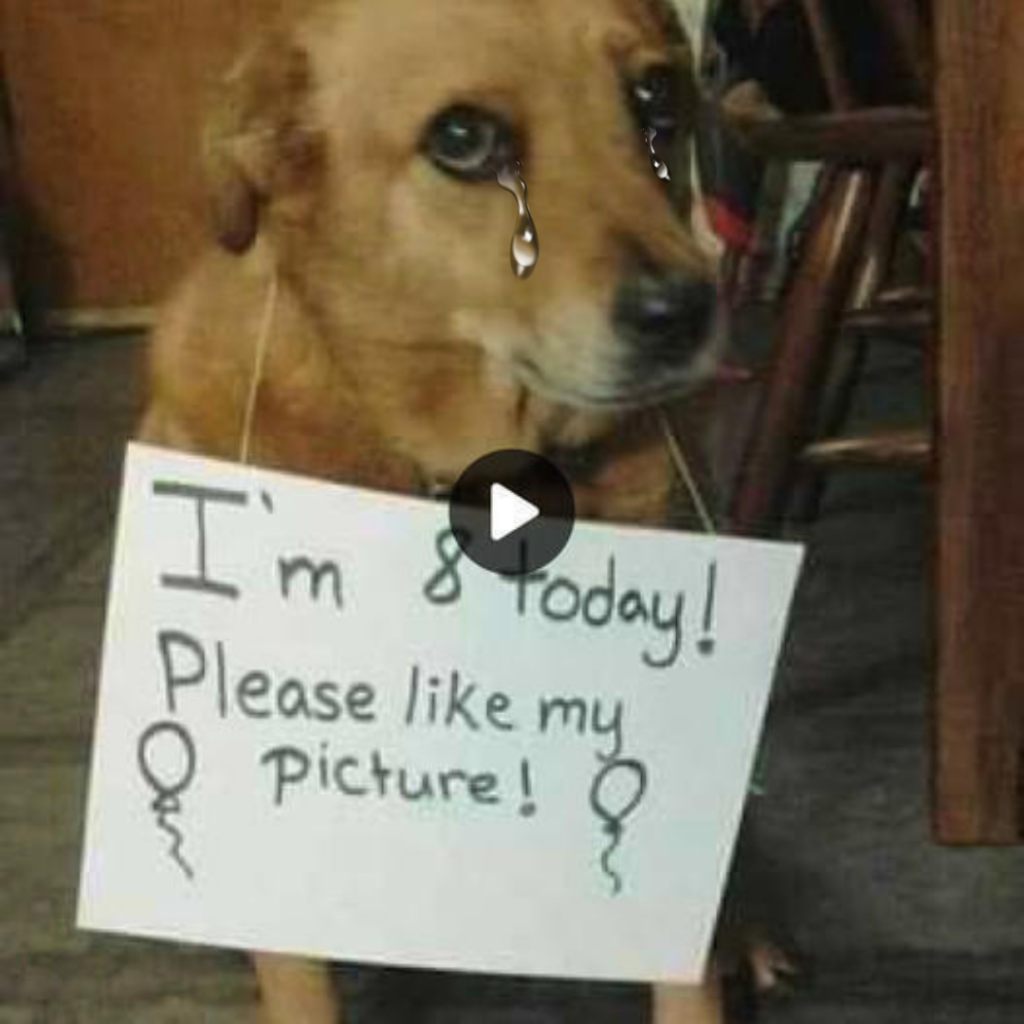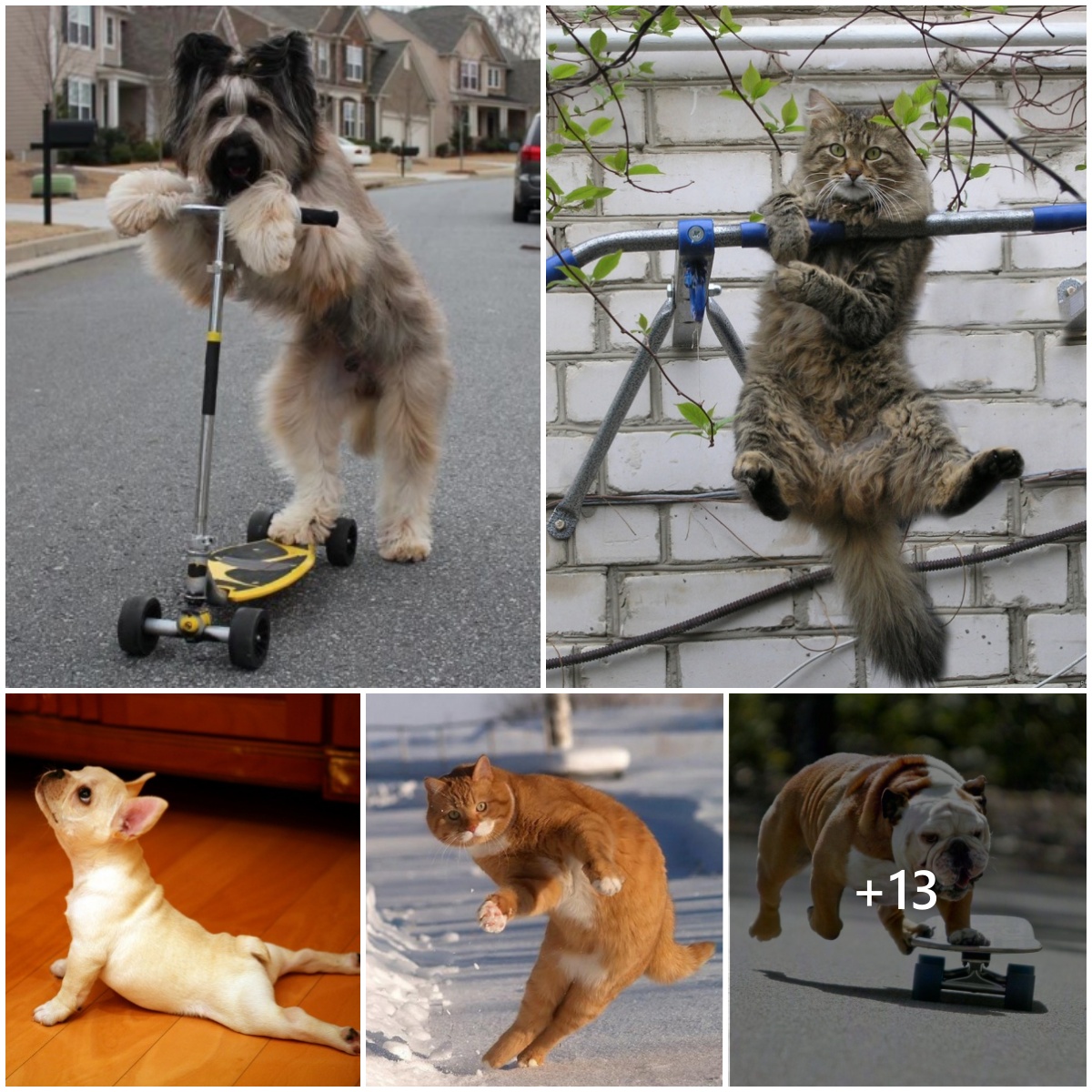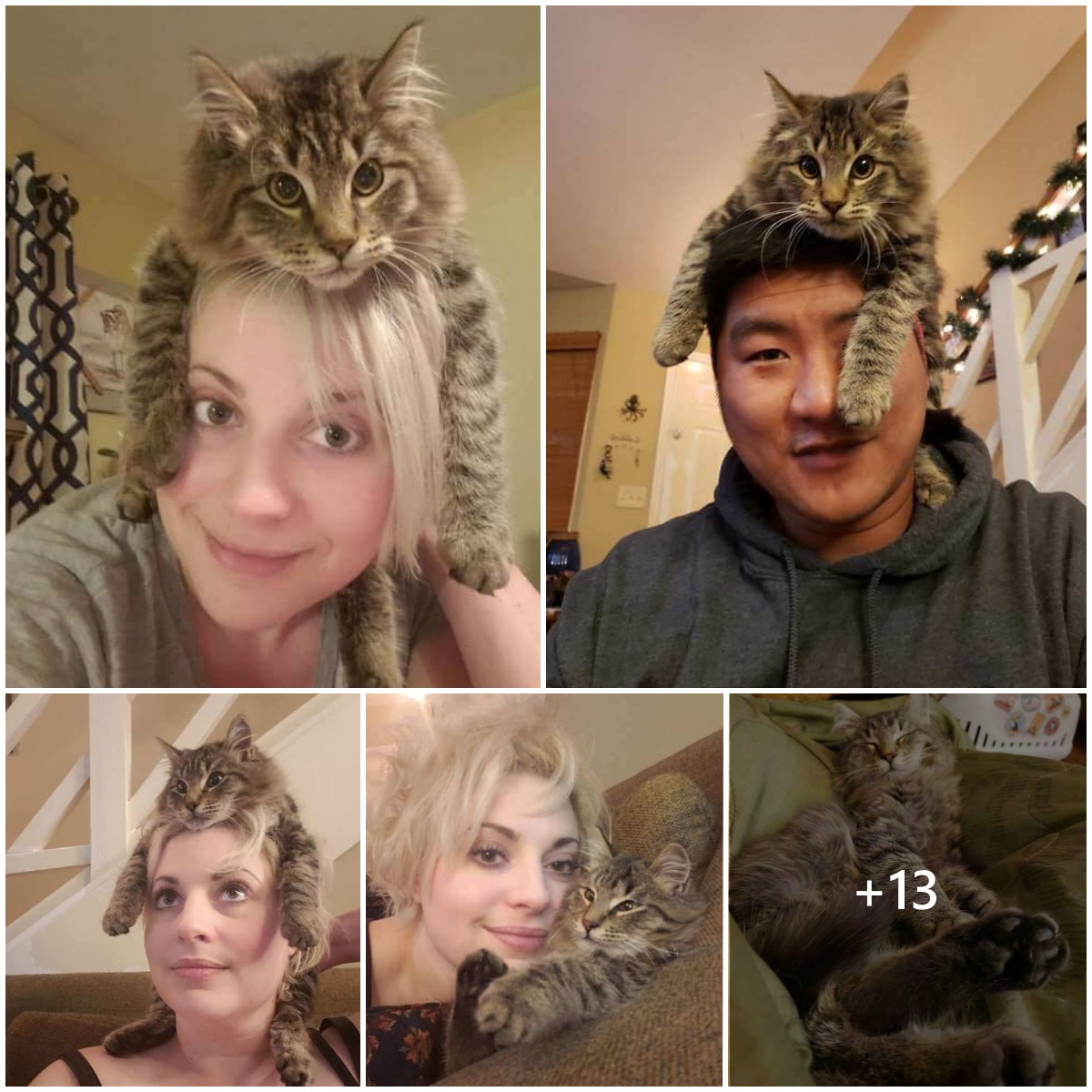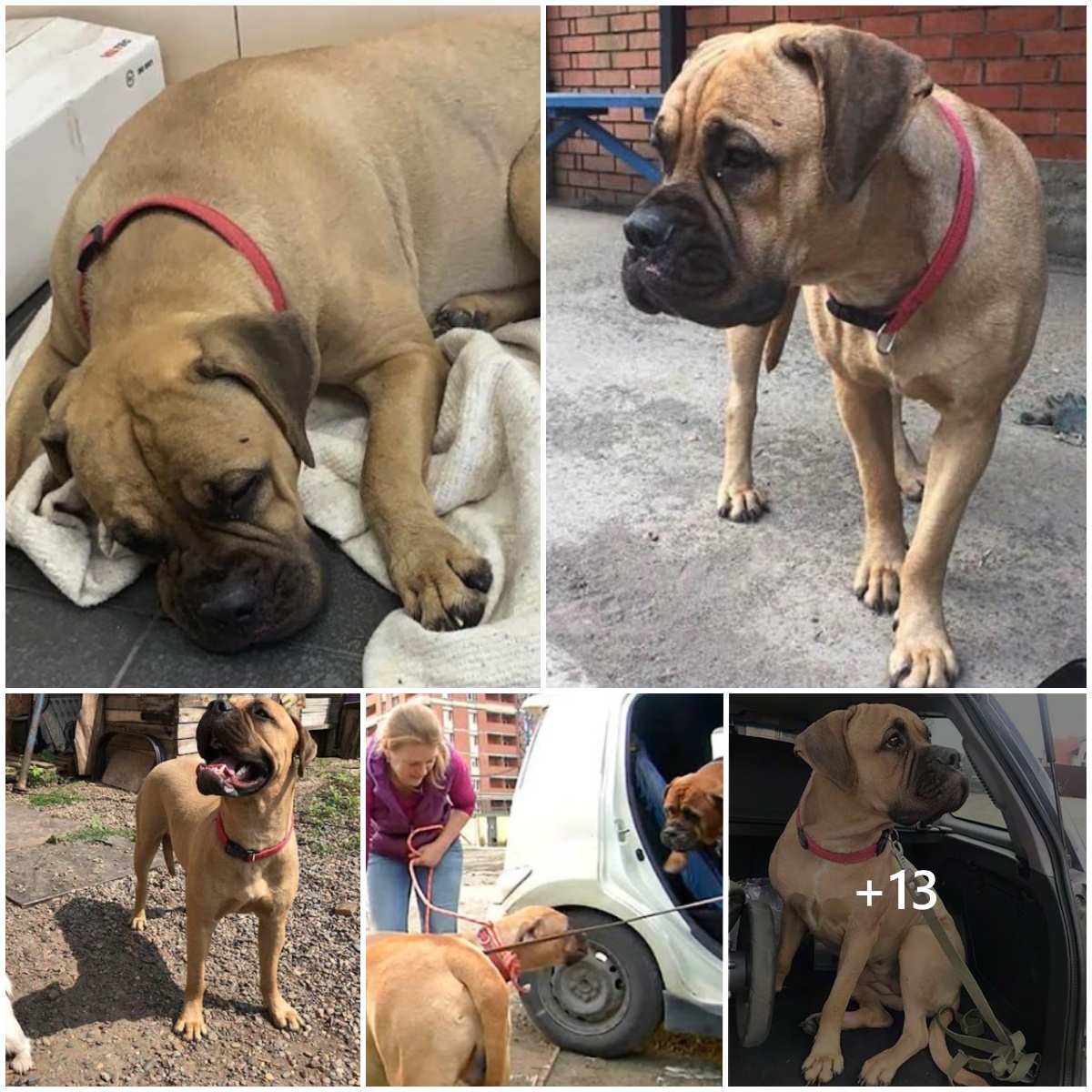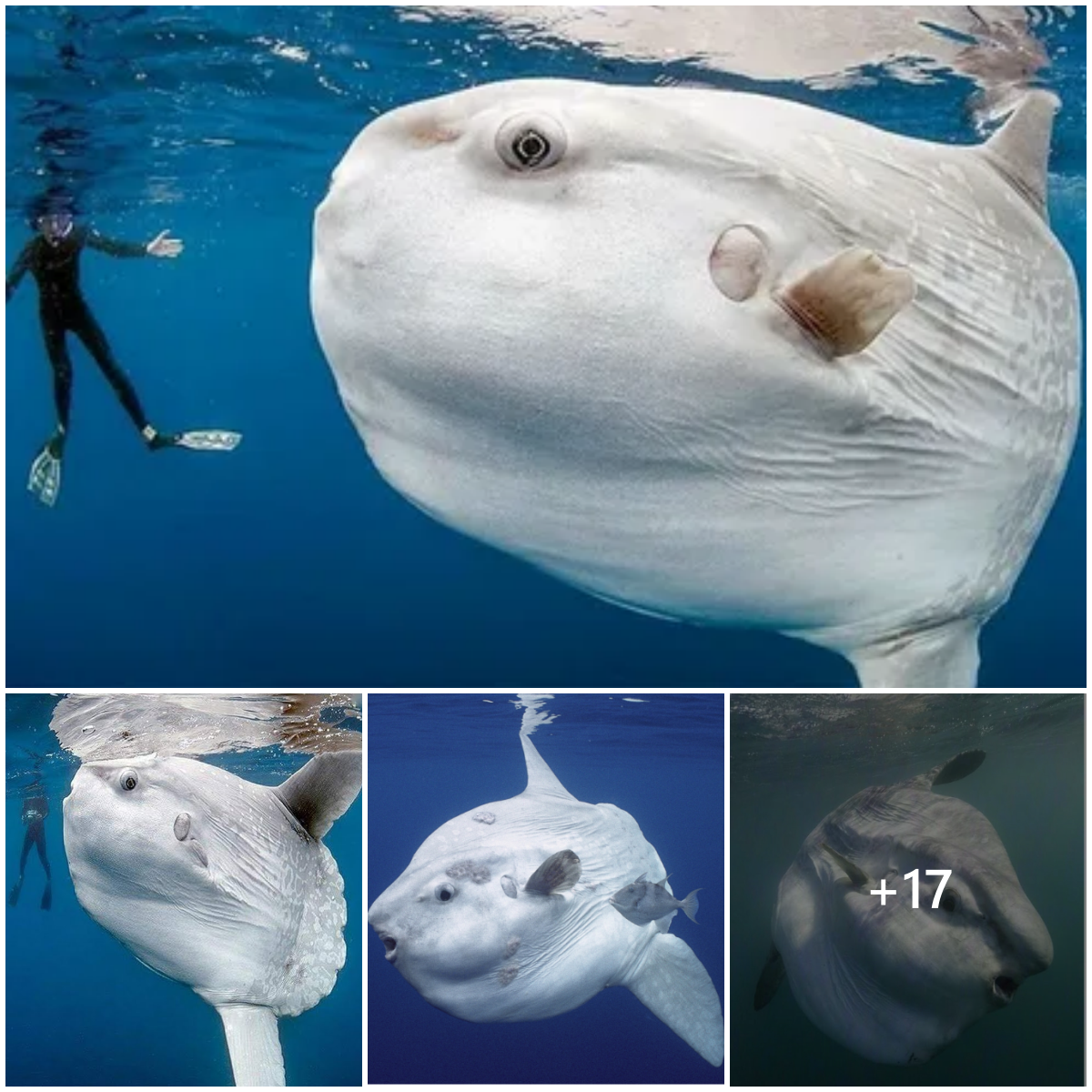Ornithologist Sushma Reddy discusses the decision to rename up to 80 species
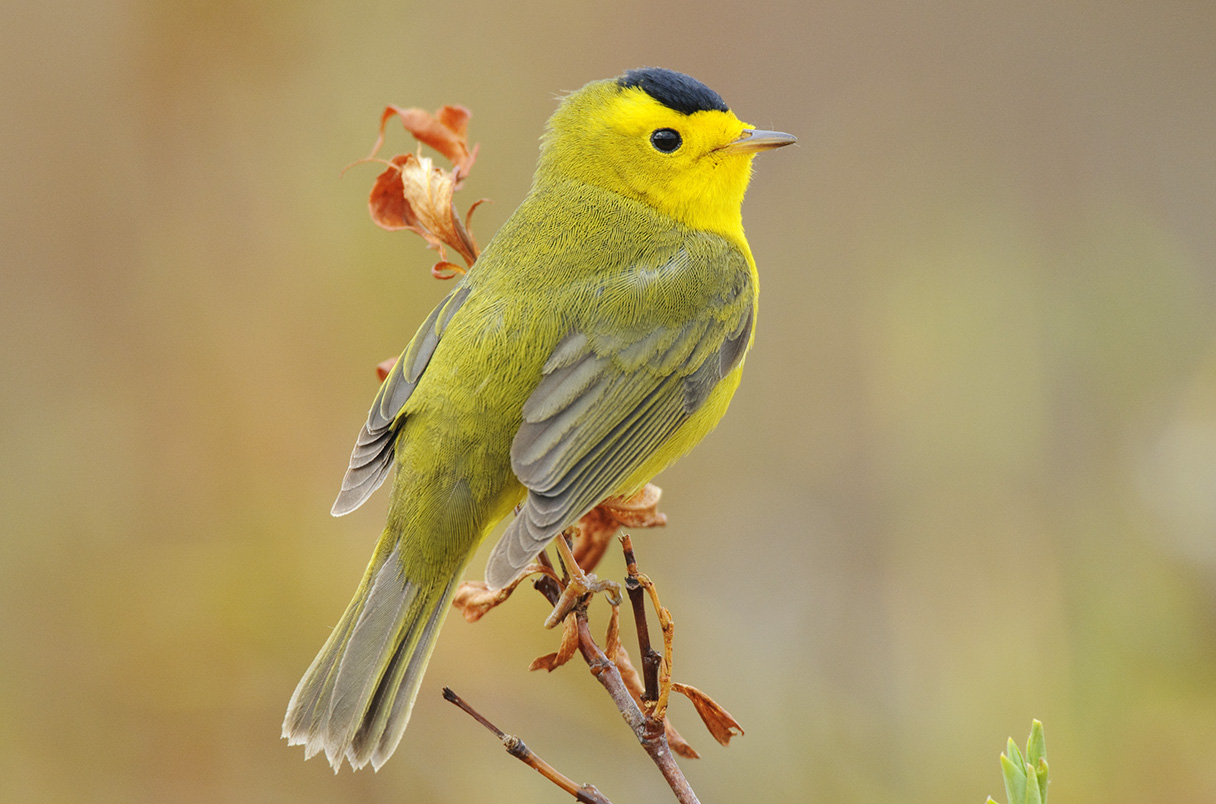
This week, the American Ornithological Society (AOS) announced that, “in an effort to address past mistakes,” it is moving to change the common English names of up to 80 found bird species in the United States and Canada are named after them. everybody.
The society, a scientific group that maintains the official list of North American bird names, said the changes were necessary because many names are “clouded by racism and misogyny.” ”. For example, some species were named after men who owned slaves, espoused white supremacy, or participated in activities now considered unjust. For example, the Scott’s oriole ( Icterus parisorum ) found in the southwestern United States, is named after Winfield Scott, a general who served in the Civil War and oversaw the expulsion of native peoples from the land their.
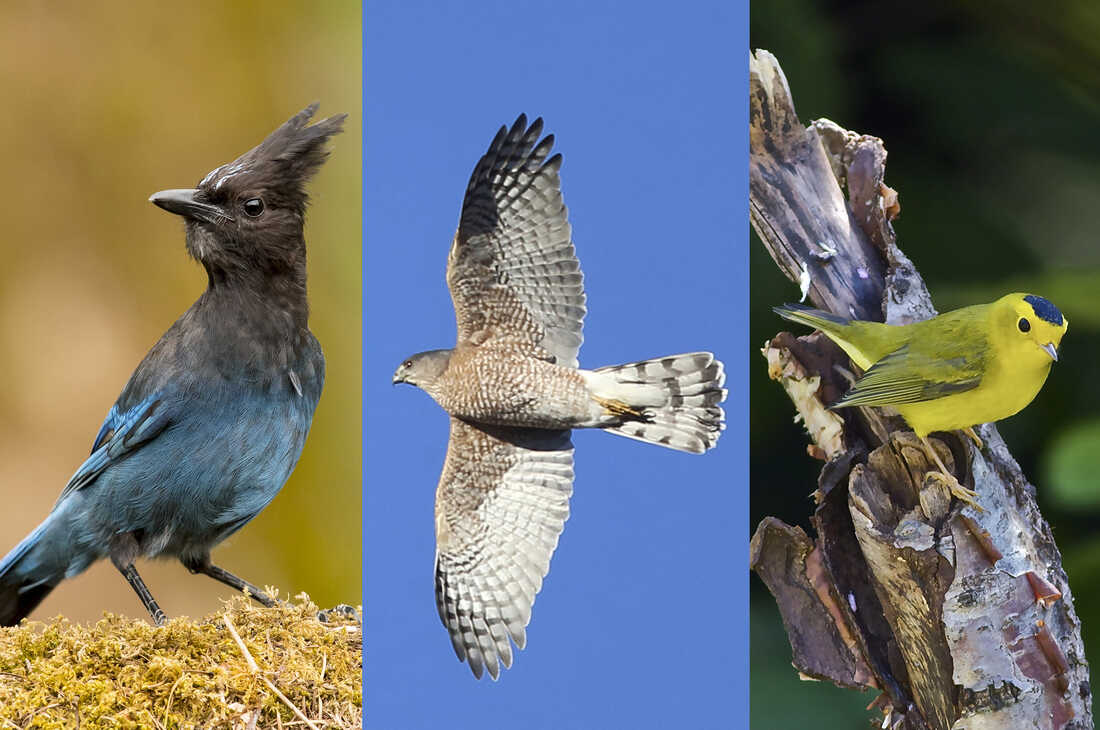
In recent years, scientific societies and academic institutions have come under increasing pressure to change the names of species, journals, awards, programs and institutions honoring commit crimes. This push has led to fierce debates over whether species should continue to have common names or Latin names honoring fascist dictators Adolf Hitler or Benito Mussolini.
Currently, AOS is planning to change only the common English names and not the two-part Latin scientific names of the species. And many birders are encouraging the group to replace namesakes with nicknames that describe the bird’s appearance or behavior. For example, the Wilson’s warbler ( Cardellina pusilla ) named after the Scottish-American ornithologist Alexander Wilson can become a black-headed warbler or a spotted-tailed warbler.
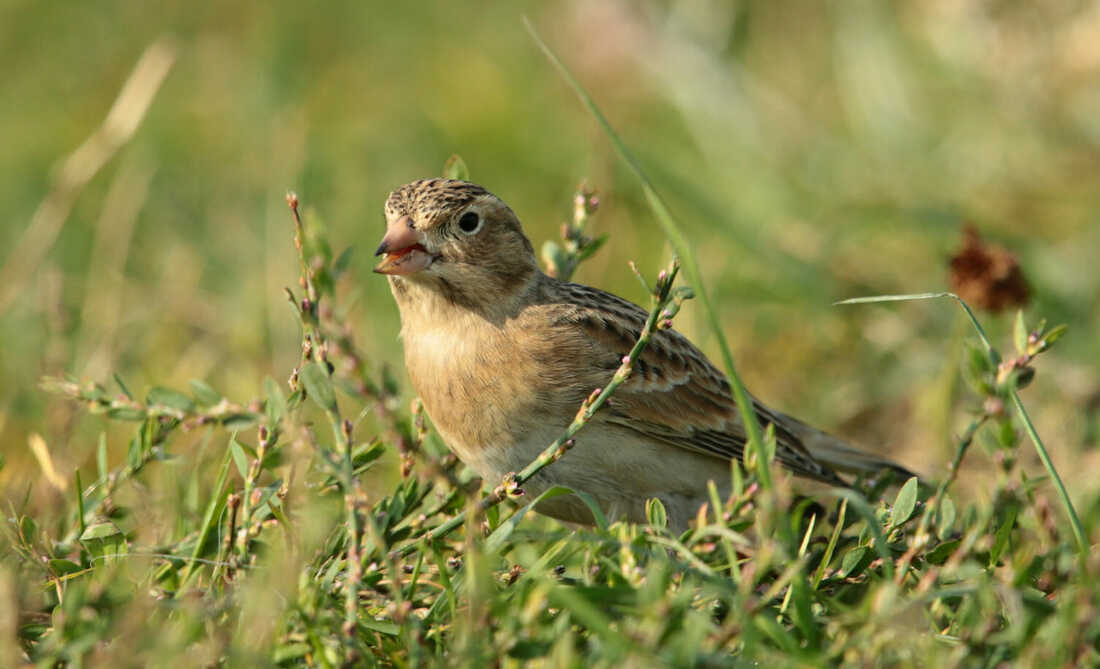
Science Insider recently talked about the initiative with Sushma Reddy, an ornithologist at the University of Minnesota and secretary of the AOS board of directors. The interview has been edited for brevity and clarity.
Question: When you started studying birds, did you think about their common names?
A: Yes. I’ve actually named [newly described] species for humans before. So when this issue arises, I have to really think about why and how we do what we do. And rethink why we name some species after humans. This is an issue that people have raised [in the past]. There were articles published in the 19th century that said: “Why do we name birds after people? It’s not very descriptive.”
Obviously whoever names a certain species can be really biased. It says a lot about who has access to or facilitated science and who is excluded. More than 90% of names are male and white, of European origin. Then people started looking at these names and realized that a lot of them had really, really rough pasts. They said incredibly racist things, even when we put it in the context of the time, [or] participated in incredibly harmful things. Do we want to honor those people?
Question: In AOS, is the idea of changing the name controversial?
A: I would say this is probably one of the most controversial topics we’ve had to deal with in the bird world in a very long time. Everyone has an opinion. Through our conversations, we all came to roughly the same conclusion: Yes, we have to change all the names. The debate really centers on whether we should change some of the names or all of the names, [and] how do we preserve some of the history of ornithology while also making [the field ] become friendlier [to those who find those names offensive].
Q: Do you have any ideas for changing the name?
A: I have some ideas for namesakes [that] aren’t very descriptive and aren’t very helpful when I’m trying to remember what a warbler or a thrush looks like. I struggle with that.
Q: What happens next?
A: Our next step is to start thinking about how we will form this [name change] committee and who will be on it. We have come up with some guidelines. Of course, we want people who are ornithologists and taxonomists. But we also want social scientists and communication experts, so we can actually think about other aspects that scientists often don’t consider when they name species. We want to represent diverse voices, ensuring that black people, indigenous people, Latinx people and people of different ethnic groups are represented. We want this committee to be established in 2024.
And we’d like to invite the public to help us come up with creative names for these birds. There are a lot of people who love birds so this should be quite interesting.
